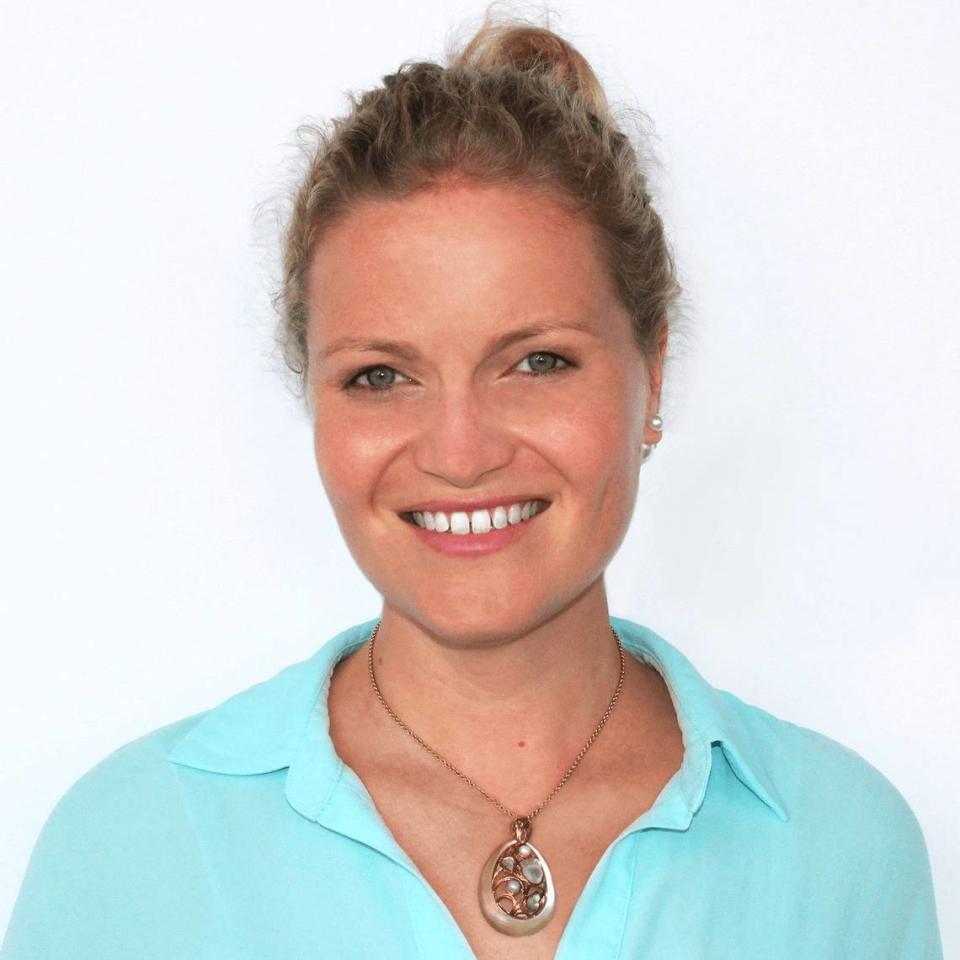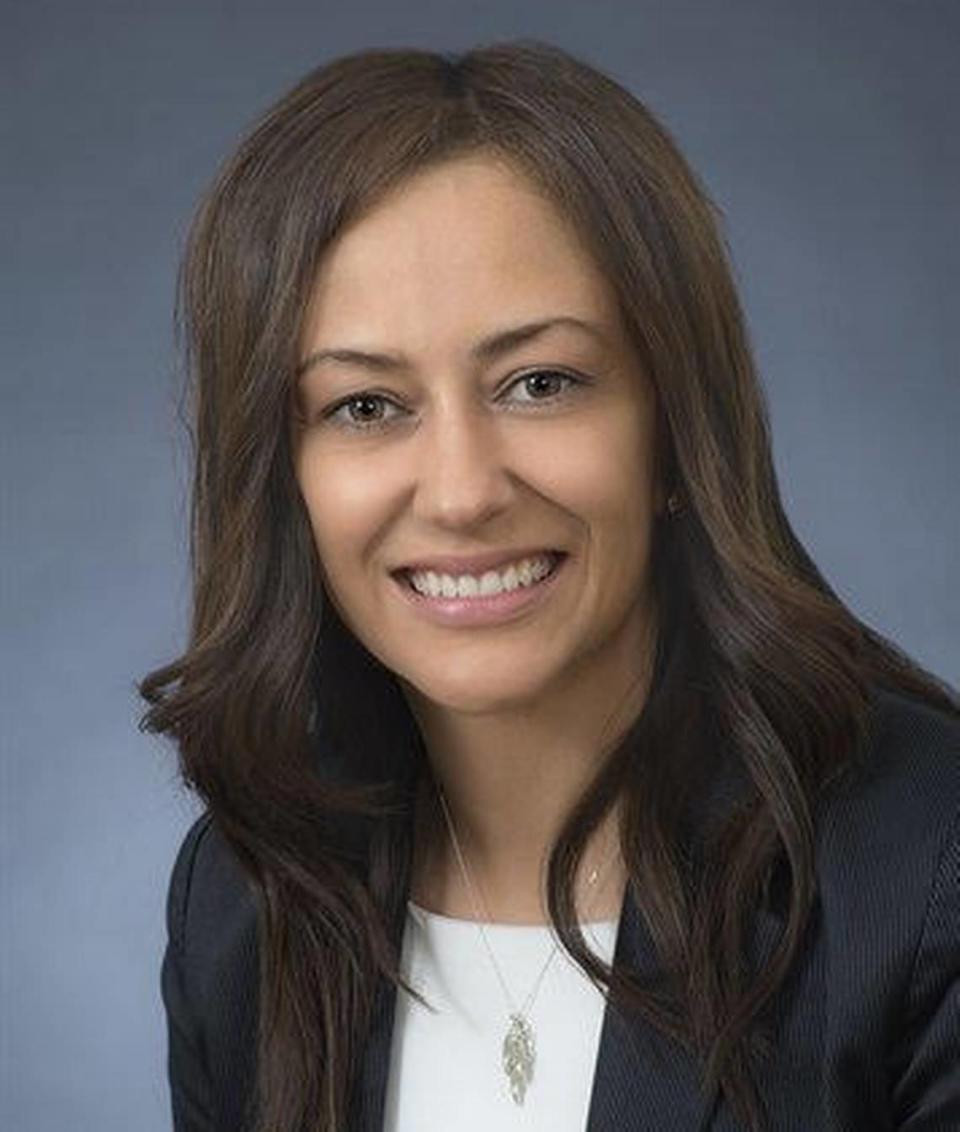North Miami residents, business owners can steer their own economic prosperity | Opinion
For far too long, communities throughout Miami-Dade County have been fighting to shape their own futures and their own neighborhoods. But this goal often is elusive or even unattainable. Institutional roadblocks often are too high to scale and stand firmly in their way.
Generations of lending disparities and other systemic barriers for people of color have put financial security for individuals, families and local business owners out of reach. We know from data published by the University of Miami’s MAP initiative, funded by JPMorgan Chase, that private companies are buying — and holding on to — real estate in low-income communities, making land in these communities unavailable and unaffordable for local residents.
This must change.
To address this issue, we are charting an innovative path for wealth-building and community self-determination through Catalyst Miami’s North Miami Community Investment Cooperative (NM-CIC) project. The NM-CIC is a commercial retail property that will be cooperatively owned and operated by North Miami community members themselves. These small-dollar investors will have the opportunity to collaboratively own, manage and determine the future of a commercial retail property in a thriving community experiencing economic growth.
Through this project, investors will familiarize themselves with asset-building strategies and learn more about investing, both of which are essential when addressing asset poverty. Owning property and small businesses promotes generational wealth building, and provides a potential path for reducing the racial wealth gap. Our communities already know how to make a dollar out of 15 cents, usually by pooling resources together — and not just money, but talent, relationships, time and hope.
In addition to supporting investors, the project also aims to boost local business owners, who will get first preference to move in when vacancies occur. This will give homegrown companies the chance to flourish while keeping dollars in their own community. Business owners who move in will be offered technical assistance for a variety of activities — including marketing, credit counseling and accessing federal funding — through Catalyst Miami’s small business services.
Recognizing an opportunity to support wealth-building in low-wealth communities here, JPMorgan Chase recently granted Catalyst Miami $1 million in seed funding for the NM-CIC in one of North Miami’s prominent commercial corridors. With this capital, Catalyst Miami will facilitate the purchase and initial management of a strip mall or similar commercial property in the city of North Miami. After making any needed infrastructure repairs and managing commercial tenant relations, Catalyst Miami will oversee the sale of the property back to community members at affordable buy-in prices.
NM-CIC will provide education and capacity-building opportunities to help local, small-dollar investors govern and manage the property successfully.
With increasing transit-oriented development coming to North Miami — including two future Brightline stations — economic growth is expected. North Miami community members should benefit from the economic growth of their area, not be displaced by it. Our goal is to grow community wealth through collective ownership and help stabilize neighborhoods where gentrification might otherwise displace families, fracture communities and disenfranchise residents.
This project not only will put commercial real-estate ownership within reach for an estimated 350 investors, it also will put decision-making power in their hands. They will decide how their neighborhoods and business districts grow.
North Miami residents already are organizing to launch NM-CIC. They’re involved in property selection and recruiting others to get involved.
We hope to purchase our first commercial property by early 2022, with a project that the first group of community investors will buy in to by the fall of that year. Catalyst Miami plans to replicate this model in other communities in Miami-Dade. By creating a pluralistic local ownership model — while also encouraging the tenancy of local small businesses — this project will keep wealth generated in the community within the community.
North Miami residents know what is best for themselves. They must have the agency and equitable tools to build a better economic future today and for generations to come.
Gretchen A. Beesing is chief executive officer and Ahmed Mori is vice president of community economic development for Catalyst Miami, an economic justice nonprofit organization in Miami-Dade County. Maria Escorcia is vice president, program officer Florida for JPMorgan Chase Foundation.




 Yahoo Movies
Yahoo Movies 